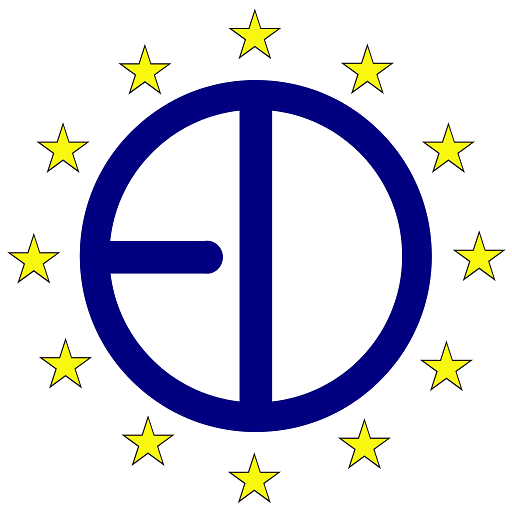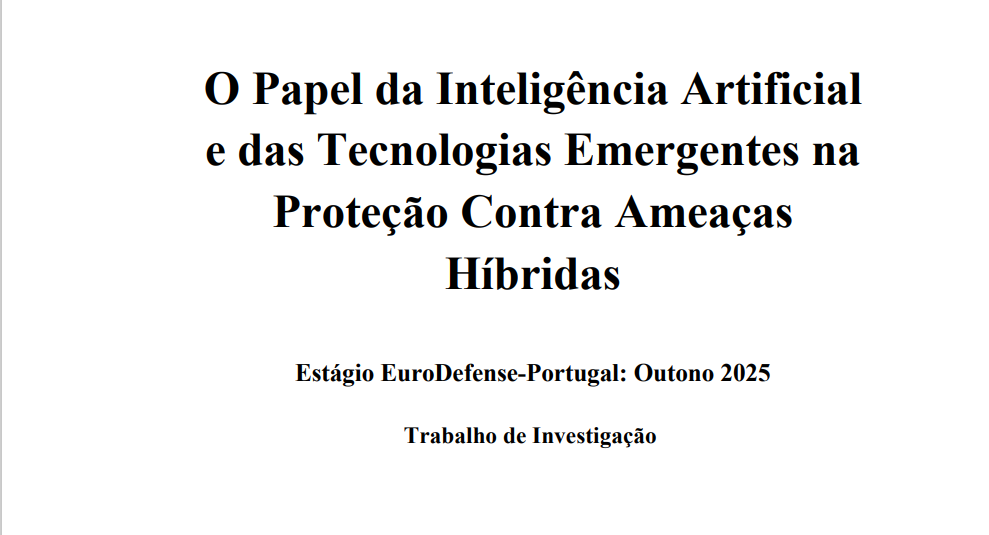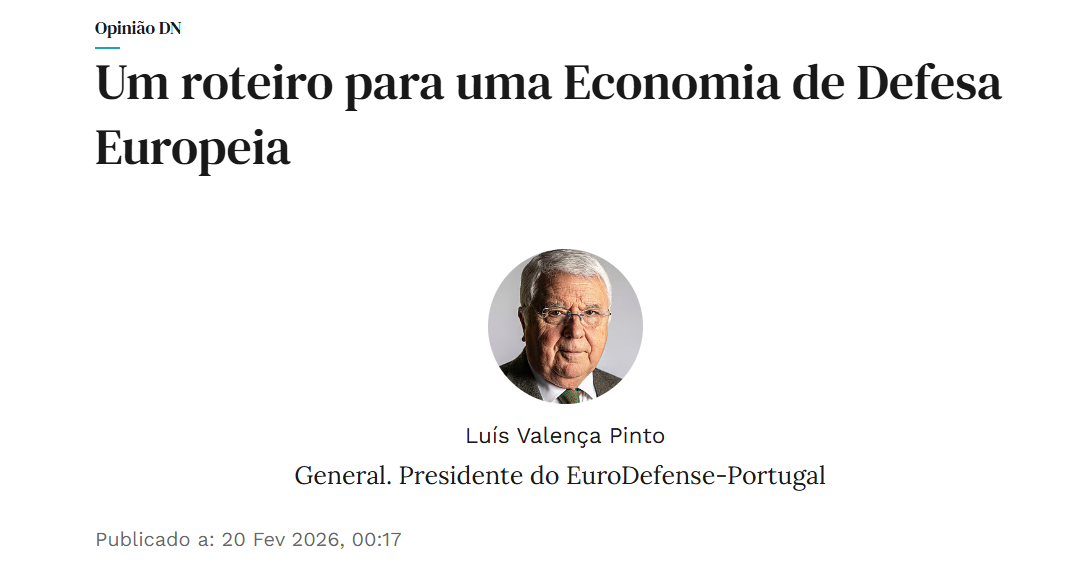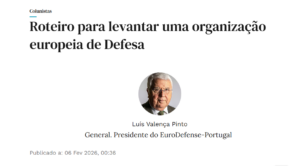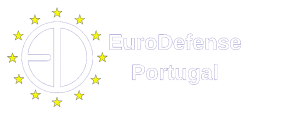In an increasingly interconnected and volatile world, the traditional notions of security are being challenged like never before. As state actors grapple with the rise of powerful non-state entities—ranging from shadowy terrorist organizations that exploit political instability to private military contractors wielding unprecedented influence—the landscape of international security has transformed dramatically.
These non-state actors challenge traditional power structures and fundamentally alter the concept of national interest and global stability. By maneuvering through the intricate relationships between violence, ideology, and commerce, it is crucial for both policymakers and citizens to grasp their influence on security.
Non-state actors (NSAs) encompass a wide range of entities that exert influence on global affairs without being tied to a sovereign state. Among the most prominent are terrorist organizations and private military contractors (PMCs).
Groups like ISIS, Al-Qaeda and Hezbollah exemplify how non-state actors can pose significant security threats. ISIS, once a dominant force in Iraq and Syria, utilized social media to recruit fighters globally and spread its extremist ideology, challenging state authority and destabilizing entire regions. Al-Qaeda, though diminished, continues to inspire attacks worldwide, demonstrating the persistent influence of non-state terrorism. Hezbollah, a Lebanese militant group, has effectively merged military and political power, complicating security dynamics in the Middle East.
On the other hand, the emergence of PMCs such as Blackwater and the Wagner Group highlights the privatization of military power. These entities operate in conflict zones, offering their services to governments and corporations, often blurring the lines between military and civilian operations. Blackwater, notorious for its involvement in the Iraq War, raised ethical and legal concerns over its actions, while the Wagner Group has been linked to Russian military operations in Ukraine and Africa, showcasing how PMCs can pursue state agendas while remaining outside traditional military oversight.
The emergence of non-state actors has significantly transformed the security landscape, challenging established norms and strategies. Unlike conventional military forces, these groups often operate in the shadows, employing unconventional tactics that subvert traditional power dynamics. For instance, organizations like ISIS have demonstrated a remarkable ability to adapt, utilizing guerrilla warfare, suicide bombings, and cyberattacks to exploit the weaknesses of state actors and instill fear, thereby redefining the parameters of conflict in a globalized world.
It is also important to reflect on technological advancements and how these have significantly empowered non-state actors. The proliferation of drones, social media, and encrypted communication has enhanced their operational capabilities. For instance, ISIS effectively utilized social media not only for recruitment but also as a platform for propaganda, enabling the group to shape narratives and gain traction among disaffected populations. This combination of unconventional tactics and advanced technology underscores the need for a comprehensive understanding of the evolving security landscape.
The rise of non-state actors is profoundly reshaping the landscape of international security, presenting challenges that compel states and international organizations to rethink their security strategies. These entities create global threats that transcend borders, complicating accountability through a blurring of lines of responsibility. In particular, when private military contractors (PMCs) engage in unlawful activities, determining liability becomes difficult, raising critical questions about oversight and regulation. As traditional military and civilian institutions adapt to this hybridization of conflict, where states increasingly rely on non-state actors for military objectives, ethical concerns also arise, further complicating national and international security frameworks.
In response to these evolving challenges, states are adjusting their military and legal frameworks but also establishing comprehensive legal instruments to effectively regulate the actions of non-state actors, including PMCs. This includes the development of specialized doctrines and legal norms that address the asymmetric tactics employed by these entities. There is an urgent need for international cooperation to create a cohesive legal framework that standardizes the accountability of PMCs and enhances oversight mechanisms. For instance, initiatives such as the Global Coalition Against ISIS illustrate how states can unite against common threats while engaging in legal dialogues that reconcile national sovereignty with the necessity of intervention. This legal framework should encompass binding regulations governing the conduct of PMCs, including clear consequences for violations of international humanitarian law. Additionally, collaborative dialogues that tackle the root causes of terrorism—such as political instability and socio-economic inequalities—are crucial for mitigating the impact of non-state actors on global security. As the landscape of security continues to evolve, a robust legal framework, combined with vigilant monitoring and international collaboration, is essential to ensure accountability and maintain stability.
Ultimately, the rise of non-state actors signifies a profound shift in how security is understood and managed, requiring a reevaluation of traditional approaches to conflict and stability. As these groups challenge state authority and influence global dynamics, the quest for effective responses becomes increasingly critical. Navigating this complex terrain will demand innovative solutions, collaboration, and a commitment to addressing the underlying factors that give rise to non-state actors in the first place.
The increased reliance on Private Military Contractors (PMCs) highlights significant legal and ethical challenges that threaten global security. Without robust oversight, these contractors often operate in legal gray areas, resulting in a troubling lack of accountability for their actions. This ambiguity can lead to severe consequences, including human rights abuses, war crimes, and a weakening of international law. The 2007 Blackwater massacre in Iraq, where contractors killed 17 civilians, serves as a stark example of the dangers of inadequate regulatory oversight. Similarly, the documented abuses by the Russian PMC Wagner Group in Syria and Libya underscore the urgent need for accountability.
From a law enforcement perspective, I contend that it is essential for PMCs to be held to the same legal standards as state militaries to ensure that violations of international humanitarian law are appropriately addressed. I believe that law enforcement agencies and international bodies must collaborate to create binding regulations that govern PMC conduct, establishing clear consequences for violations. The establishment of an independent oversight mechanism to monitor PMC activities and enforce compliance with legal and ethical standards is critical. Additionally, national governments must ensure that their domestic laws do not provide loopholes that allow PMCs to evade prosecution for crimes committed abroad.
Moreover, I advocate for a proactive approach. Law enforcement agencies should work with international organizations, such as the United Nations, to regulate the recruitment, training, and deployment of PMCs. Licenses should be granted only to firms that demonstrate strict adherence to ethical guidelines, and violations should result in significant sanctions, including the suspension of operations and financial penalties. In conflict regions, law enforcement must coordinate with PMCs to ensure these entities operate in accordance with national laws and international treaties, thereby preventing further escalation of violence.
The unregulated rise of PMCs poses a clear threat to global security and the rule of law. I firmly believe that a comprehensive international legal framework is essential to ensure that PMCs are held accountable, ultimately paving the way for greater stability and justice in conflict-affected areas.
November 6, 2024
Pedro dos Santos
EuroDefense Jovem Portugal
Bibliography:
European Union. (2024, August 31). Private Military Companies: A Focus on European Regulation. Retrieved 20 November 2023, from https://www.consilium.europa.eu/media/66700/private-military-companies-final-31-august.pdf
Gojil. (2021). Regulating Private Military Companies. Retrieved 20 November 2023, from https://www.international-alert.org/app/uploads/2021/10/Regulating-private-military-companies_UK_EN_2001.pdf.
International Centre for Counter-Terrorism. (2022). Tower 22: Innovations in Drone Attacks by Non-State Actors.Retrieved 20 November 2023, from https://www.icct.nl/publication/tower-22-innovations-drone-attacks-non-state-actors/.
Lowy Institute. (2022). Non-State Actors: Phantom Asymmetry. Retrieved 20 November 2023, from https://www.lowyinstitute.org/the-interpreter/non-state-actors-phantom-asymmetry.
NATO. (2024). Non-State Actors. Retrieved 20 November 2023, from https://www.nato.int/cps/en/natohq/topics_77646.htm.
Rynkiewich, A. (2023). The Role of Non-State Actors in Contemporary Security Issues. Retrieved 20 November 2023, from https://inegma.com/Admin/Content/File-81020131379.pdf.
WHO. (2023). Non-State Actors and Partnerships in Health. Retrieved 20 November 2023, from https://www.who.int/europe/about-us/partnerships/non-state-actors.
Ziegler, K. (2023). Wagner Group: What Are Private Military Companies? DW. Retrieved 20 November 2023, from https://www.dw.com/en/wagner-group-what-are-private-military-companies/a-66062061.
U.S. National Intelligence Council. (2024, May 18). Non-State Actors and Their Impact on Global Security. Retrieved 20 November 2023, from https://www.dni.gov/files/ODNI/documents/assessments/NICM-Non-State-Actors_23-01637_05-18-24_.pdf.
NOTA:
- As opiniões livremente expressas nas publicações da EuroDefense-Portugal vinculam apenas os seus autores, não podendo ser vistas como refletindo uma posição oficial do Centro de Estudos EuroDefense-Portugal.
- Os elementos de audiovisual são meramente ilustrativos, podendo não existir ligação direta com o texto.
